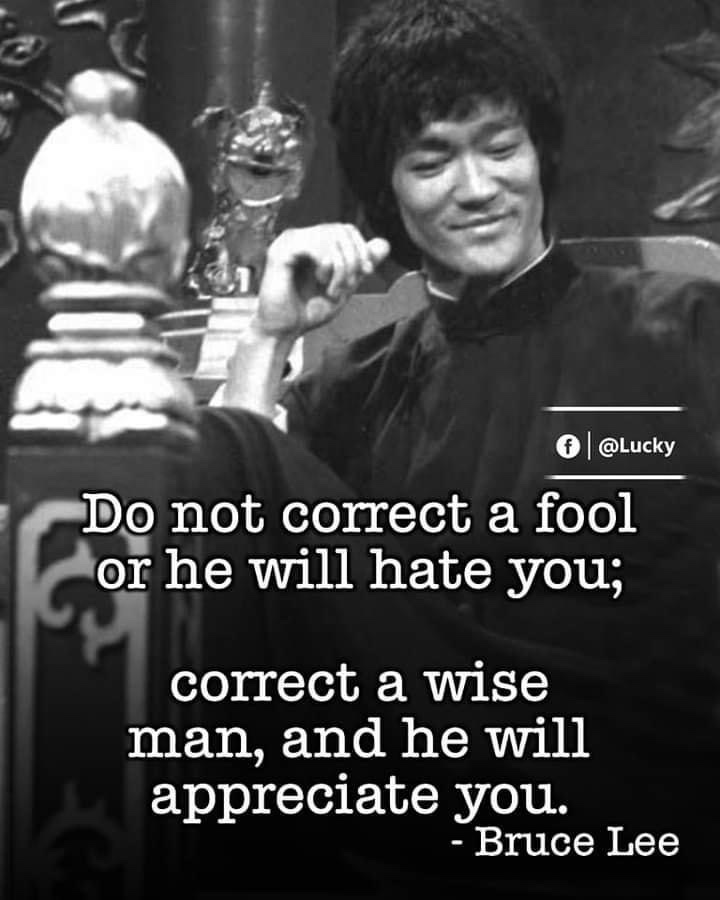In the realm of communication and interpersonal relationships, offering correction can be a delicate task. It is often said that correcting a fool will only lead to resentment, while correcting a wise person will be appreciated. This thought-provoking adage speaks to the importance of discernment and understanding when it comes to offering guidance or correction to others. In this article, we delve into the dynamics of correction, exploring the nuances between interacting with individuals of different mindsets and how wisdom plays a role in receiving feedback.

The Fool and the Wise: Understanding Perspectives
The first part of the saying suggests that correcting a fool will lead to animosity. A fool, in this context, refers to someone who lacks wisdom or discernment, often making poor choices or displaying irrational behavior. Engaging in a battle of wits or attempting to change the mind of a fool can be a futile endeavor, as they may be resistant to reason, logic, or guidance. Instead of appreciating the correction, a fool may perceive it as a personal attack or an attempt to undermine their sense of self-importance.
On the other hand, the adage implies that a wise person, who possesses knowledge, insight, and a willingness to grow, will value constructive criticism and appreciate being corrected. A wise person acknowledges that they are not infallible and recognizes the importance of continuous learning and personal growth. When provided with thoughtful feedback or correction, a wise individual will view it as an opportunity for self-improvement and will express gratitude for the guidance offered.
The Power of Delivery: Approaching Correction with Care
While the adage highlights the different reactions one may encounter when correcting a fool versus a wise person, it is important to note that the manner in which correction is delivered plays a significant role in how it is received. The delivery of feedback can determine whether it is perceived as constructive or confrontational, regardless of the recipient’s level of wisdom.
When offering correction, it is crucial to approach the conversation with empathy, respect, and a genuine desire to help. Focus on the issue at hand rather than attacking the person’s character. Use clear and concise language, emphasizing the importance of growth and improvement. By demonstrating understanding and providing practical solutions or alternatives, you create an environment that fosters appreciation and receptiveness to your feedback.
Cultivating Wisdom: The Journey of Self-Improvement
Wisdom is not an innate trait but rather a continuous journey of self-improvement and learning. As individuals, we have the capacity to develop wisdom through self-reflection, seeking knowledge, and embracing opportunities for personal growth. A wise person understands that no one is infallible and recognizes the value of receiving feedback and correction from others.
For those who find themselves in the role of being corrected, it is essential to cultivate humility and open-mindedness. Embrace correction as an opportunity for growth and self-discovery. Appreciate the wisdom and perspective that others bring to the table, and use their feedback to refine your thoughts, actions, and decisions.
Navigating the dynamics of correction requires an understanding of the unique perspectives and mindsets of those we interact with. While the saying suggests that correcting a fool may lead to resentment and that a wise person will appreciate correction, it is crucial to remember that delivery and approach significantly influence how feedback is received.
By cultivating wisdom and humility within ourselves, we can become more receptive to correction and use it as a catalyst for personal growth. Likewise, by offering correction with empathy, respect, and a genuine desire to help, we can create an environment where correction is valued and appreciated. In the realm of communication and interaction, the balance between wisdom, discernment, and constructive correction is an ongoing journey that allows us to foster understanding and growth in ourselves and others.
As an Amazon Associate we earn from qualifying purchases through some links in our articles.




